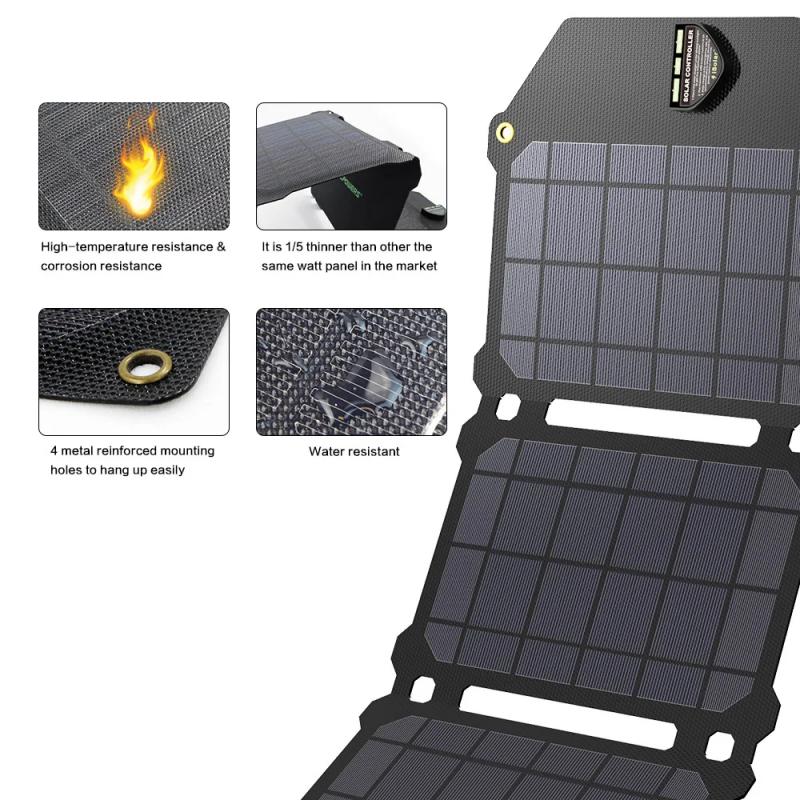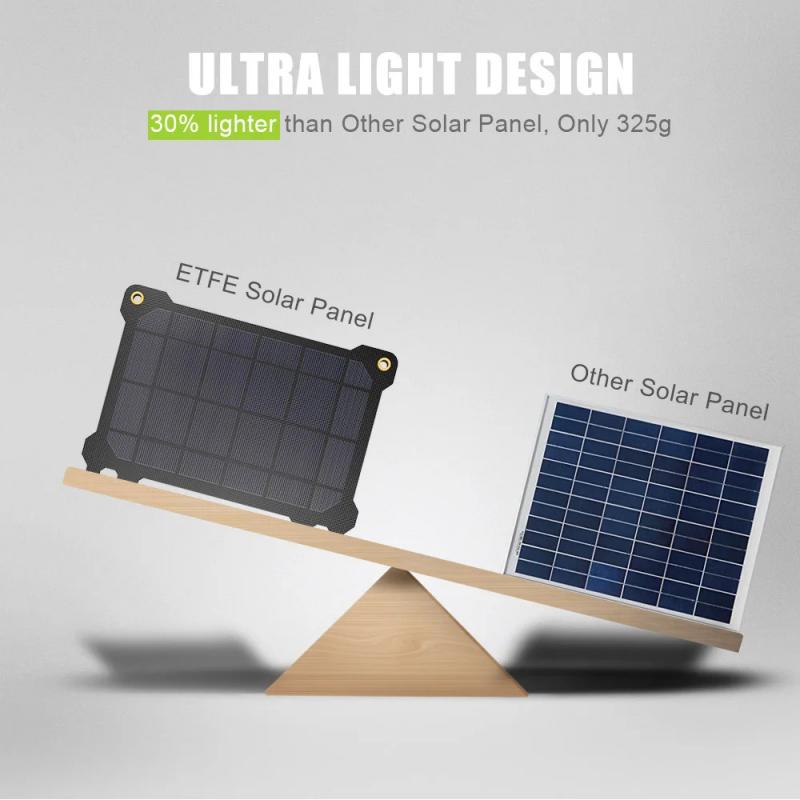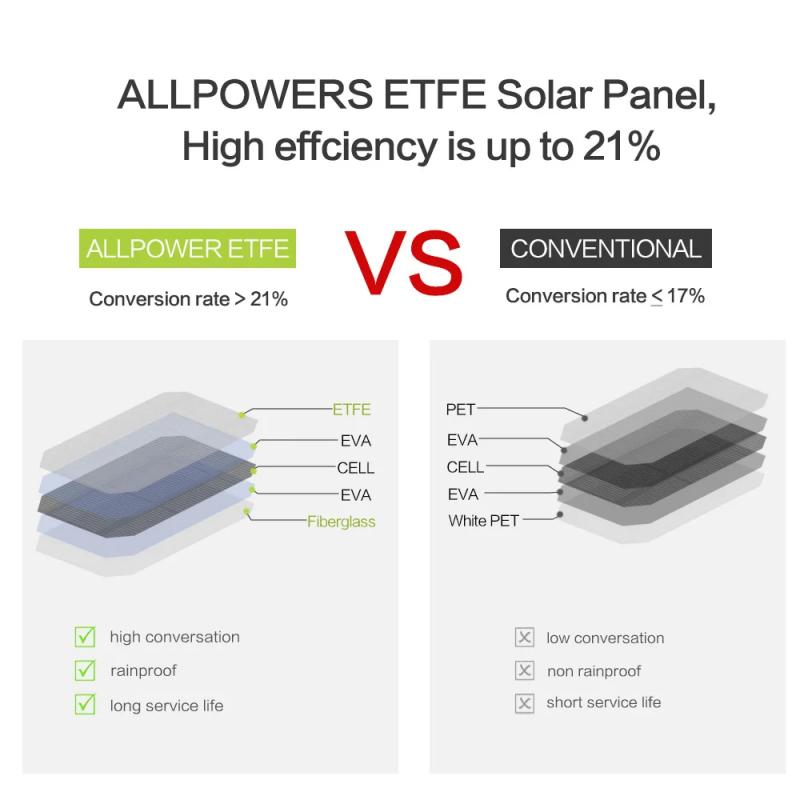Can Solar Panels Charge Electric Cars?
As the world continues to grapple with the pressing need to transition to renewable energy sources, the question of whether solar panels can charge electric cars has become increasingly relevant. This topic is not only of interest to environmentally conscious individuals but also to those looking to reduce their energy costs and dependency on fossil fuels. In this article, we will explore the feasibility, benefits, and challenges of using solar panels to charge electric vehicles (EVs), providing a comprehensive guide for anyone considering this sustainable energy solution.
The Feasibility of Solar-Powered EV Charging

Understanding the Basics

To determine whether solar panels can effectively charge electric cars, it's essential to understand the basic principles of how both technologies work. Solar panels convert sunlight into electricity through photovoltaic (PV) cells. This electricity can then be used to power various devices, including electric cars. EVs, on the other hand, store electrical energy in batteries, which power the vehicle's motor.
Energy Requirements

One of the first considerations is the energy requirement of an electric car. On average, an electric vehicle consumes about 30 kWh (kilowatt-hours) per 100 miles. The energy output of solar panels varies depending on factors such as location, weather conditions, and the efficiency of the panels themselves. A typical residential solar panel system might generate around 5 kWh per day per panel under optimal conditions.
To put this into perspective, if you drive 30 miles a day, you would need approximately 9 kWh of energy daily. Assuming each solar panel generates 5 kWh per day, you would need around two panels to meet your daily driving needs. However, this is a simplified calculation and actual requirements may vary.
Benefits of Solar-Powered EV Charging

Environmental Impact
One of the most significant benefits of using solar panels to charge electric cars is the positive environmental impact. Solar energy is a clean, renewable resource that produces no greenhouse gas emissions during operation. By charging your EV with solar power, you can significantly reduce your carbon footprint compared to using electricity generated from fossil fuels.
Cost Savings
While the initial investment in solar panels and an EV can be substantial, the long-term cost savings are considerable. Once installed, solar panels have minimal maintenance costs and can generate free electricity for decades. This can lead to significant savings on your electricity bills. Additionally, many governments offer incentives and rebates for installing solar panels, further reducing the overall cost.
Energy Independence
Using solar panels to charge your electric car can also provide a degree of energy independence. By generating your own electricity, you are less reliant on the grid and less vulnerable to fluctuations in energy prices. This can be particularly advantageous in areas with high electricity costs or frequent power outages.
Challenges and Considerations
Initial Costs
The initial cost of installing a solar panel system can be a barrier for many people. While prices have decreased significantly over the past decade, a typical residential solar panel system can still cost several thousand dollars. Additionally, the cost of an electric vehicle is generally higher than that of a conventional gasoline-powered car. However, it's important to consider the long-term savings and environmental benefits when evaluating the overall cost.
Space Requirements
Another consideration is the space required for solar panels. To generate enough electricity to charge an electric car, you may need a significant number of panels, which requires adequate roof space or land. For those living in apartments or homes with limited roof space, this can be a limiting factor.
Weather and Location
The efficiency of solar panels is highly dependent on weather conditions and geographic location. Areas with abundant sunlight will generate more electricity than regions with frequent cloud cover or shorter daylight hours. It's essential to assess the solar potential of your location before investing in a solar panel system.
Energy Storage
One of the challenges of using solar power is that it is not always available when you need it. Solar panels generate electricity during the day, but you may need to charge your electric car at night. This requires an energy storage solution, such as a home battery system, to store excess solar energy for later use. While battery technology has advanced significantly, it still represents an additional cost and complexity.
Practical Solutions and Innovations
Solar Carports and Charging Stations
One innovative solution to the challenges of solar-powered EV charging is the use of solar carports and charging stations. These structures integrate solar panels into the roof of a carport or charging station, providing shade for parked vehicles while generating electricity. This can be an efficient way to utilize available space and generate the necessary power for EV charging.
Vehicle-to-Grid (V2G) Technology
Another promising development is vehicle-to-grid (V2G) technology, which allows electric cars to not only draw power from the grid but also supply power back to it. This can help balance energy demand and supply, making the overall energy system more efficient. In the context of solar power, V2G technology can enable electric cars to store excess solar energy and feed it back into the grid when needed.
Integrated Solar Roofs
Some electric vehicle manufacturers are exploring the integration of solar panels directly into the vehicle's roof. While the surface area of a car roof is limited and cannot generate enough power to fully charge the vehicle, it can provide a supplementary source of energy, extending the range and reducing the frequency of charging.
In conclusion, solar panels can indeed charge electric cars, offering a sustainable and cost-effective solution for environmentally conscious individuals. While there are challenges to consider, such as initial costs, space requirements, and weather dependency, the benefits of reduced carbon emissions, long-term cost savings, and energy independence make it a compelling option. Innovations such as solar carports, V2G technology, and integrated solar roofs are further enhancing the feasibility and efficiency of solar-powered EV charging.
As technology continues to advance and the adoption of renewable energy sources grows, the synergy between solar panels and electric vehicles is likely to become an increasingly common and practical solution. For those looking to reduce their environmental impact and embrace a more sustainable lifestyle, investing in solar panels and an electric car is a step in the right direction.
